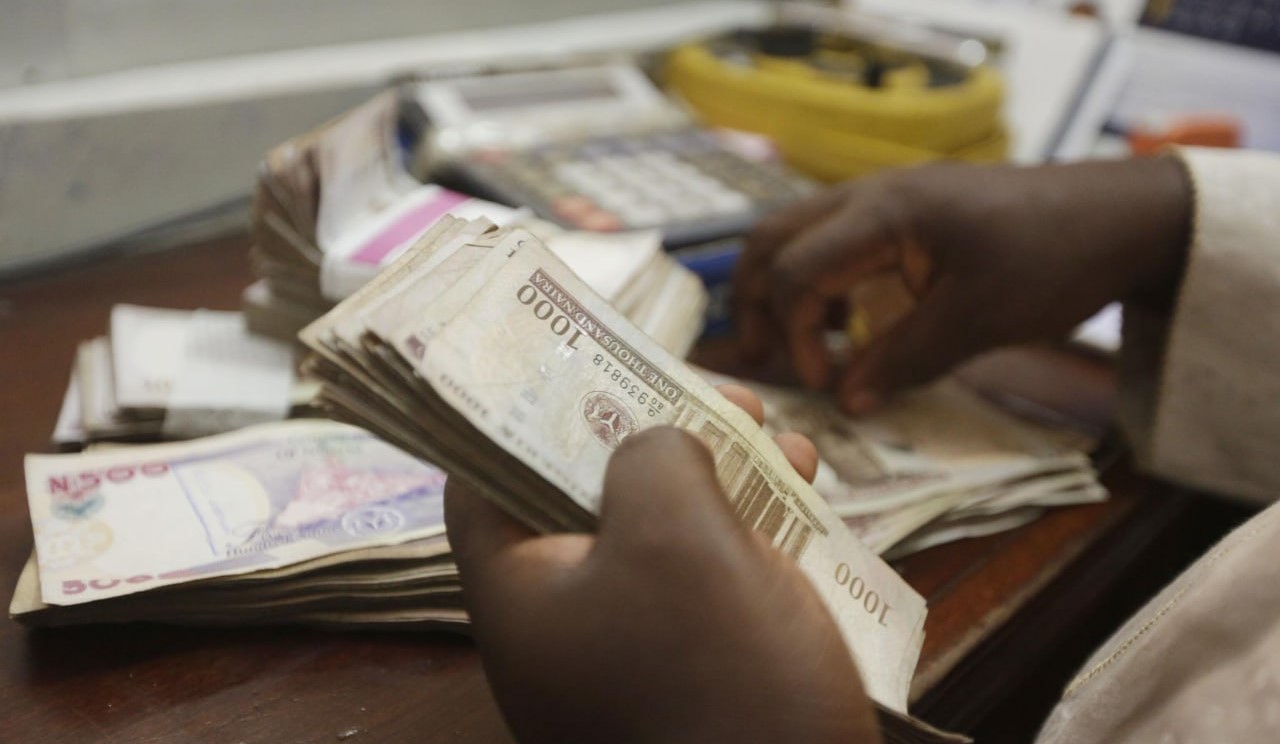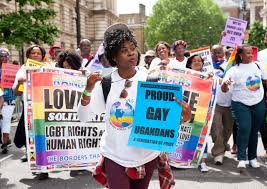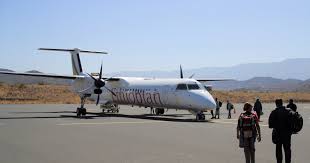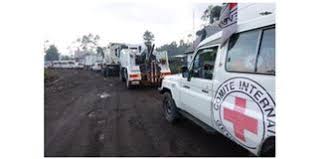The Nigerian naira has been ranked as one of the worst-performing currencies in Sub-Saharan Africa for 2024, according to the latest edition of Africa’s Pulse, a report published by the World Bank. By the end of August 2024, the naira had depreciated by about 43% year-to-date, placing it among the weakest currencies in the region, alongside the Ethiopian birr and South Sudanese pound.
The report highlights the challenges faced by several African economies, with Nigeria, Ethiopia, and Ghana emerging as some of the hardest hit by currency depreciation. It noted that the demand for foreign exchange in these countries remains high, leading to continued pressure on their local currencies. Specifically for Nigeria, the naira’s rapid decline is attributed to multiple factors, including a surge in demand for U.S. dollars in the parallel market, limited dollar inflows, and delayed foreign exchange disbursements by the Central Bank of Nigeria (CBN).
The naira’s struggles come in spite of the Nigerian government’s efforts to stabilize the currency. In June 2023, Nigeria liberalized its official exchange rate as part of a series of foreign exchange market reforms. However, these reforms have yet to produce the desired results, with the naira continuing to lose value. The World Bank report explains that even after these interventions, financial institutions, money managers, and non-financial entities have intensified their demand for U.S. dollars, further weakening the local currency.
The currency’s decline also reflects broader economic challenges in Nigeria, such as dwindling foreign currency reserves and rising inflation. These issues have made it difficult for the government to meet its foreign exchange obligations, creating shortages that affect both businesses and consumers. As a result, domestic prices for imported goods have risen sharply, increasing the financial burden on Nigerian households already grappling with high living costs.
The World Bank’s report also notes that measures implemented by the Nigerian government to ease social unrest, such as the partial reinstatement of fuel subsidies, have put additional pressure on the country’s public finances. Similarly, in Angola, the doubling of the minimum wage was meant to address the rising cost of living but has also strained government budgets. These interventions, while necessary to mitigate social discontent, have had unintended consequences on the broader economy.














Leave a comment